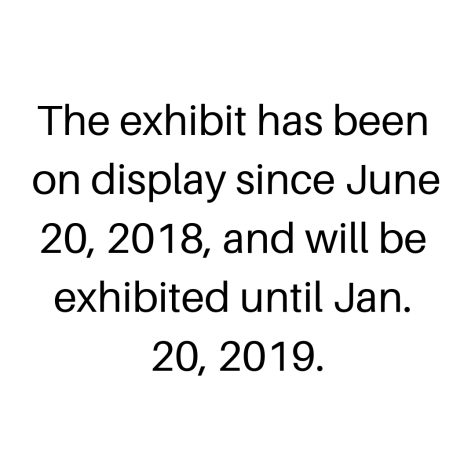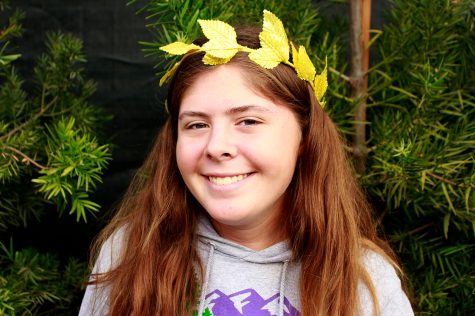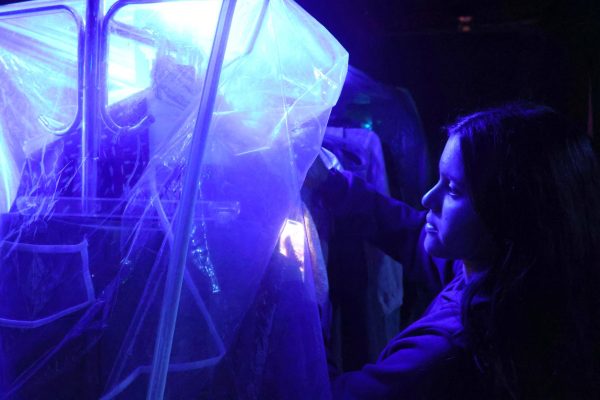Snapshots of teen life: Los Angeles photography show exhibits storytelling, social justice
Photo credit: Amelia Stone
The Getty Museum’s “LA #Unshuttered: Teens Reframing Life in Los Angeles” exhibit features 23 Los Angeles teen photographers. The exhibit highlights social justice, as the exhibit’s website states that each photographer “explore[d]” a social justice issue.
Social justice. Voice. Stories. These are all words the Getty Center uses to describe its new exhibit, titled LA #Unshuttered: Teens Reframing Life in Los Angeles.
LA #Unshuttered exhibits the work of 23 teen photographers from Los Angeles. Snapshots line the walls, with each photo representing an aspect of the photographer’s life and journey toward tackling injustice.
In addition to furthering social justice through the Getty Museum’s exhibit, the Unshuttered program also created an app where teens all over the world can post their photos based on “photo challenges.” The Getty Unshuttered program’s website states that the program serves as a “photo community for teens.”
“It’s all geared to help you… tell your story in your own way,” the website states.
The Getty Museum also created a YouTube channel that featured interviews with the photographers.
In one of the interviews, participant Sabinah Lopez said she decided to use her photos to highlight hypermasculinity throughout marginalized groups by photographing her brother, who she believes is challenging

classical views of masculinity. Lopez focused her photos on her brother’s hair, which is dyed, as she felt that dyed hair is not stereotypically masculine.
“A lot of people looked at him a bit differently because his hair was bright blue or bright purple or bright pink,” Lopez said.
Lopez used different accessories that are not commonly associated with masculinity to further challenge stereotypes.
“You don’t see photos of guys holding flowers or having flowers in their hair,” she said.
Lopez said she wanted to ‘flip’ the idea that men wearing flowers in their hair is not masculine enough, and to showcase positivity around the idea of men wearing flowers in their hair.
Another participant, Michael Valenzuela, said he focused his photos on the misrepresentation of young people in foster care. He decided to use his sister, Flo, as the main subject of a few of his photos.
“Flo has been in my life through everything since I’ve been in foster care,” he said. “We went into care together, and one of the most difficult things was being separated from her.”
Valenzuela said his goal is to help change the dialogue around foster youth through his photos.
“We are seen as bad kids, but really, we’ve all kind of just had a lot of trauma,” Valenzuela said. “We are vulnerable and want to feel loved.”

Amelia Stone joined the Oracle as a staff writer in 2018. She loves tennis and plays for the Archer varsity team. She is involved in Archer's Model United...



![The Getty Museum's "LA #Unshuttered: Teens Reframing Life in Los Angeles" exhibit features 23 Los Angeles teen photographers. The exhibit highlights social justice, as the exhibit's website states that each photographer "explore[d]" a social justice issue.](https://archeroracle.org/wp-content/uploads/2018/11/LA-Unshuttered-900x675.jpg)





